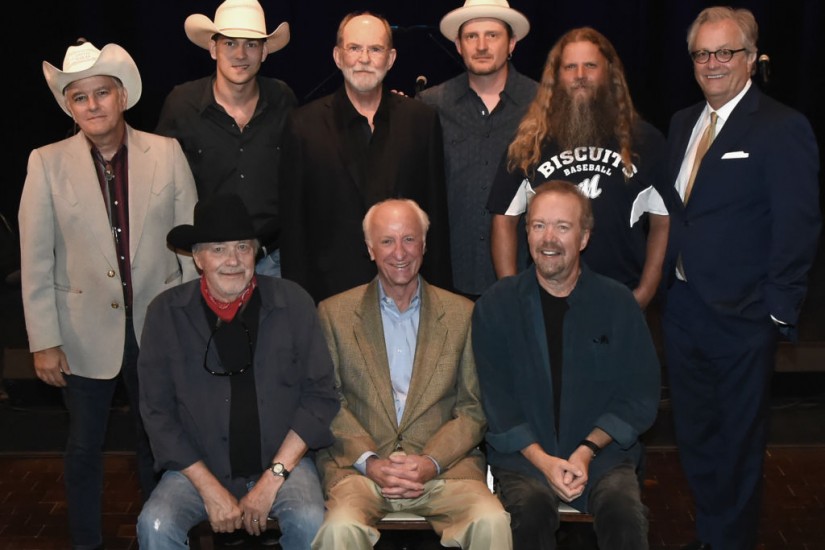In 1985, Michael Jordan earned NBA Rookie of the Year, Michael J. Fox went “Back to the Future,” and for at least one week, Bob McDill had six songs on the country charts – four of them in the Top 10.
No, most people probably didn’t know McDill’s name. He was the songwriter – the guy behind the guy (or gal). But they could probably hum along as Mel McDaniel sang McDill’s hit, “Baby’s Got Her Blue Jeans On.”
McDill wrote an astonishing 31 No. 1 songs in a career that spanned three decades and weathered a slew of changes in country music.
He wrote enduring tunes like “Song of the South” for Alabama, “Good Ole Boys Like Me” for Don Williams, “Don’t Close Your Eyes” for Keith Whitley, and “Louisiana Saturday Night” for McDaniel. At the height of his career, people in Nashville’s music business joked that BMI, the music performing-rights organization that collects royalties for writers and performers, stood for “Bob McDill Incorporated.” But more important than his charted success, he also found a way to balance commerce and art by lending a literary sensibility to many of his songs. He explored the complicated South by reflecting it with detail, heart, and a work ethic that kept him aiming to write a song a week for 30 years.
Then, he just stopped. McDill hasn’t written a new song since the turn of the century. But last year, McDill made headlines in Nashville again when he donated his life’s work to the Country Music Hall of Fame and Museum – awards, recordings, photos and a 4-foot stack of 217 legal pads bearing the scribbled maps of a songwriting mind at work.
“What a remarkable donation,” says Kyle Young, the CEO of the Country Music Hall of Fame and Museum. “It’s Bob saying, ‘Here’s my life.’”
The museum, which already has more than 2.5 million artifacts, held a rare donation ceremony for McDill’s work. The Hall had mounted such ceremonies only eight times previously (and often posthumously) — for relics like Mother Maybelle Carter’s guitar or Bill Monroe's mandolin.
“We don’t have days like this one often,” Young says at the event.
As for McDill, who is now 73 years old, he shrugged off the fanfare with dry, unassuming humor.
